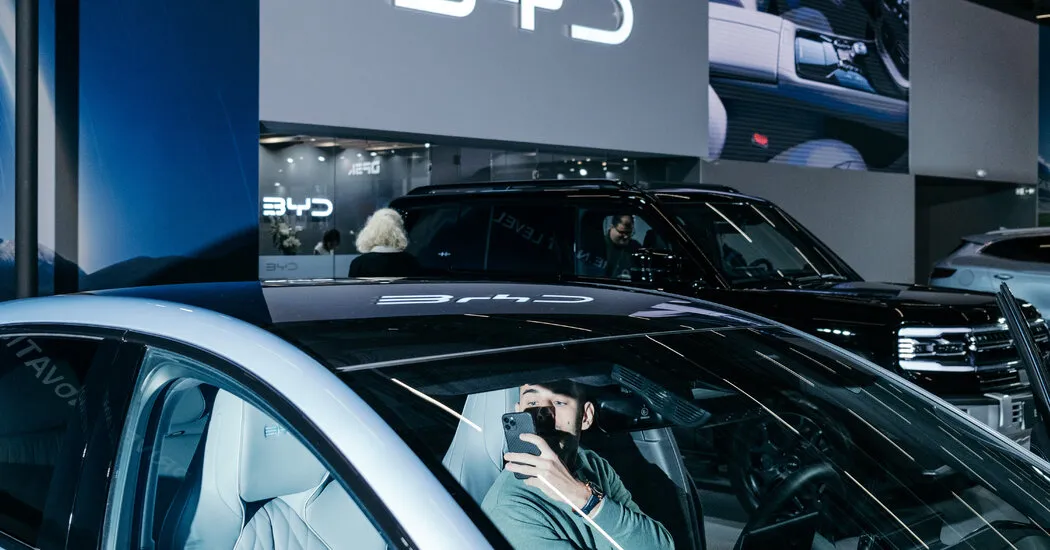Electric Cars and Hybrids Addressing E.U. Protectionism: How Chinese Automakers Are Competing

Electric Cars and Hybrids Navigating Trade Issues
As international trade dynamics shift due to protectionism, electric cars and hybrids are at the forefront of this transition. Chinese automakers are not sitting idly by; they are making moves to adapt. For instance, BYD, a leader in China’s electric vehicle landscape, is setting up a manufacturing plant in Hungary. This strategic decision is in response to rising tariffs imposed by the European Union on imported vehicles.
Joint Ventures and Local Manufacturing
In addition to BYD, other Chinese companies like Chery Automobile are entering joint ventures with local manufacturers to bolster their presence in Europe. This approach helps mitigate the risks associated with tariffs while making vehicles more accessible to European consumers.
The Competitive Landscape
With giants like Volkswagen and Volvo Car already present in the market, the competition among automakers is fierce. Chinese brands are now poised to challenge traditional players by producing cars locally, offering competitive pricing, and meeting regional demand for electric cars and hybrids.
- BYD aims for sustainable growth in Europe.
- Chery focuses on forming partnerships for market penetration.
- European consumers can expect increased options and innovative technologies.
As this landscape evolves, it will be fascinating to watch how these strategies unfold and shape the future of electric vehicles worldwide.
This article was prepared using information from open sources in accordance with the principles of Ethical Policy. The editorial team is not responsible for absolute accuracy, as it relies on data from the sources referenced.